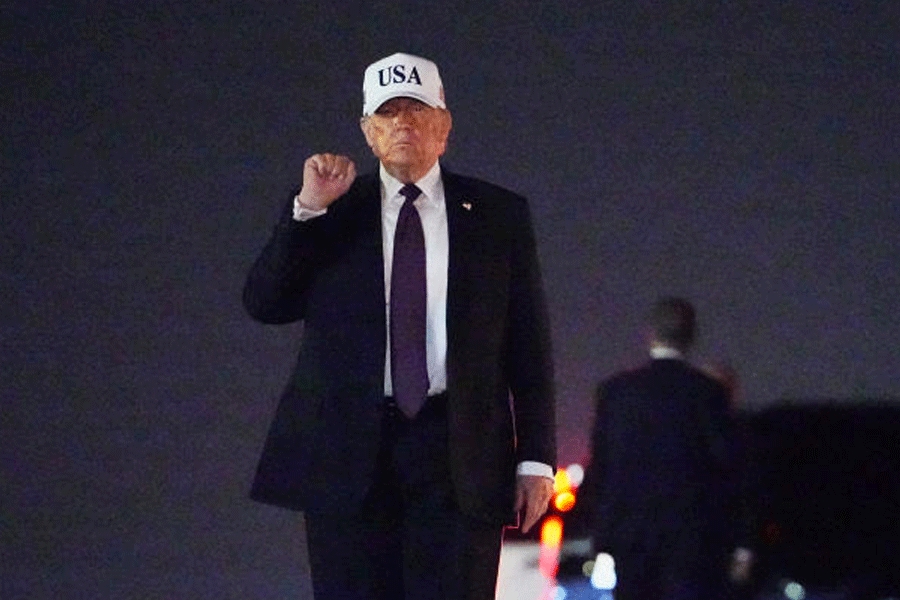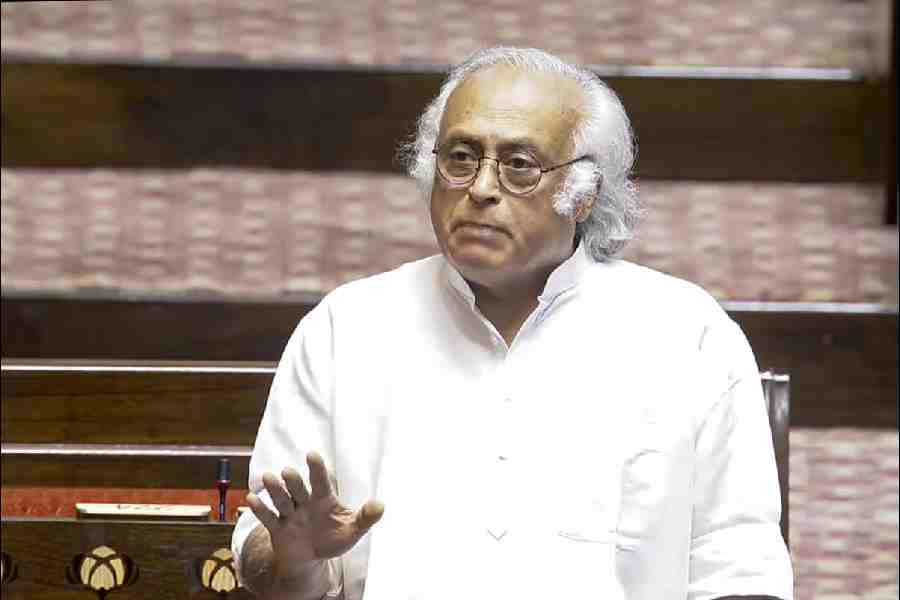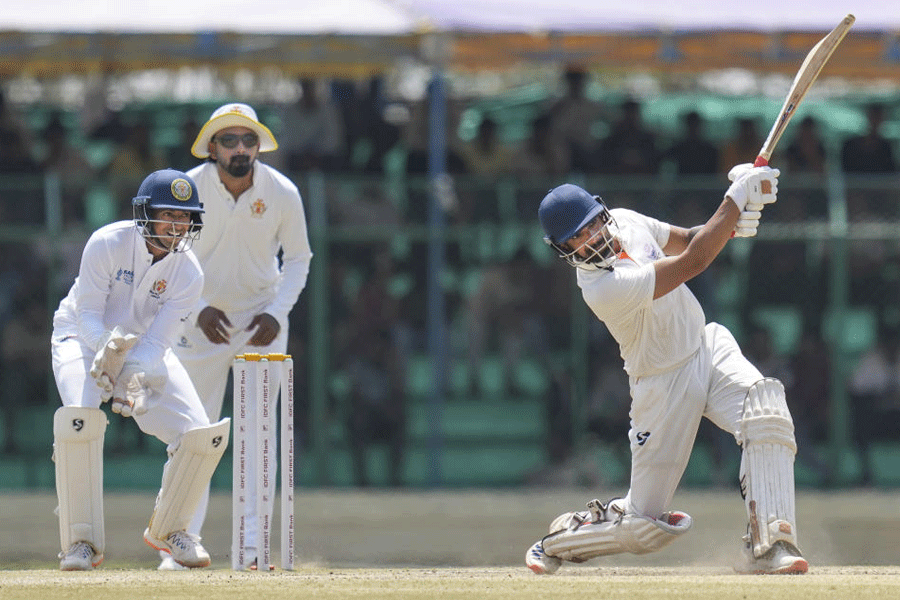Flat notes
Sir — Oliver McCann, a British Artificial Intelligence-technician, has signed a record deal despite freely admitting that he has no musical ability whatsoever. Apparently, musical genius today comes from typing prompts into an AI tool and letting the software do the heavy lifting. His tracks have gathered millions of streams online. But that says less about his artistry and more about the public appetite for background noise. Record labels love it because AI musicians throw no tantrums, need no tour buses and certainly no royalties for session players. The outcome is a music landscape where blandness is a business model. Yet music thrives on risk, as David Bowie proved by reinventing himself with every album and keeping listeners wanting more.
Haridasan Rajan,
Kozhikode
Start afresh
Sir — Recent protests in Nepal, sparked by a social-media ban and corruption grievances, have forced the prime minister, K.P. Sharma Oli, to resign. The protests showed just how frustrated the youth was and how vibrant the democratic impulse is in that country. The social media ban may have been conceived to restore order and curb disinformation, yet it silenced essential channels for expression. The protest movement underlines urgent calls for transparency. The situation in Nepal demands attention, accountability, and a thoughtful path forward.
Abhinando Mukherjee,
Calcutta
Sir — K.P. Sharma Oli’s resignation may open the space for healing in Nepal. It conveys recognition of public outrage and may reset the political environment. That move has symbolic power. Yet, replacing a leader without structural change may leave festering frustrations unaddressed. Resignations alone cannot fix widespread corruption or economic stagnation. A new leader must deliver more than fresh optics. Nepal must pursue genuine institutional reform and accountability to give these protests meaning beyond a change of faces at the top.
M. Pradyu,
Kannur, Kerala
Guard the guards
Sir — The spectacle of the deputy chief minister of Maharashtra berating a young police officer for enforcing the law should not surprise anyone. But the officer’s calm defiance was refreshing. The National Police Commission warned of such political interference decades ago, yet nothing has changed. Successive governments sabotage reform to keep the police force pliable. Without insulating the police from politics, talk of a modern economy rests on very shaky foundations.
Sudhir G. Kangutkar,
Bengaluru
Sir — The young Indian Police Service officer in Solapur who stood her ground against the deputy chief minister embodies what a new generation of officers should represent. Her insistence on procedure over power showed that the uniform must serve law, not personality. Yet transfers, inquiries and political pressure are used to tame such independence. Unless institutional protections are made real rather than ornamental, her example will remain the exception, not the norm.
Shrestha Ghosh,
Calcutta
Best foot forward
Sir — Carlos Alcaraz has bested his closest rival, Jannik Sinner, to lift the men’s singles trophy of the US Open. But it was Sinner’s admission that he may need to “lose a few matches” to become less predictable that was as rare as it was refreshing in elite sport.
Alcaraz’s response was respectful but competitive. He insisted that the “best Carlos” has not yet appeared. This is bad news for everyone else on the tour. What this rivalry already shows is that complacency is impossible. Both men are evolving at breakneck speed, leaving the rest of the field clutching their racquets in despair.
Sandeep Rawat,
Chandigarh
Sir — Carlos Alcaraz’s range of shot-making is a torment for opponents. Drop shots, spins, slices, thunderous forehands — he makes a tennis court look small. Against Jannik Sinner in New York, his defensive reach was extraordinary, while his serve, once the weakest part of his game, held like iron. To concede just three service games across a Grand Slam is frightening for his opponents and a treat for his viewers. At only 22, he already looks complete. If this is not yet the “best Carlos”, as he claims, then the rest of the men’s tour has every reason to lose sleep.
Indranil Sanyal,
Calcutta
Fearless voice
Sir — In the corridors of Indian journalism, a voice has fallen silent but its echoes will linger for generations. Sankarshan Thakur’s words carried the weight of truth and the grace of poetry. Whether it was the smouldering aftermath of the Bhopal tragedy, the anguish of the 1984 anti-Sikh riots, or the icy silence of the Kargil war front, he was there not just to report but to listen, to feel, and to translate the pulse of the moment into prose that burnt and healed at the same time. His writing was never just reportage — it was literature with a conscience. He had won many accolades but his greatest achievement was the respect he commanded across the ideological spectrum.
Khokan Das,
Calcutta
Sir — The news of the untimely demise of Sankarshan Thakur was a shock. I was an ardent admirer of his writing. It is a great loss for The Telegraph. Readers will remember him with fondness.
Sourish Misra,
Calcutta
Sir — In these dark times dominated by the ‘godi media’, Sankarshan Thakur established himself as a rare journalist with a spine. Thakur took on the powers that be without hesitation. The impeccably secular journalist will forever remain in our hearts for speaking the unspeakable.
Kajal Chatterjee,
Calcutta










